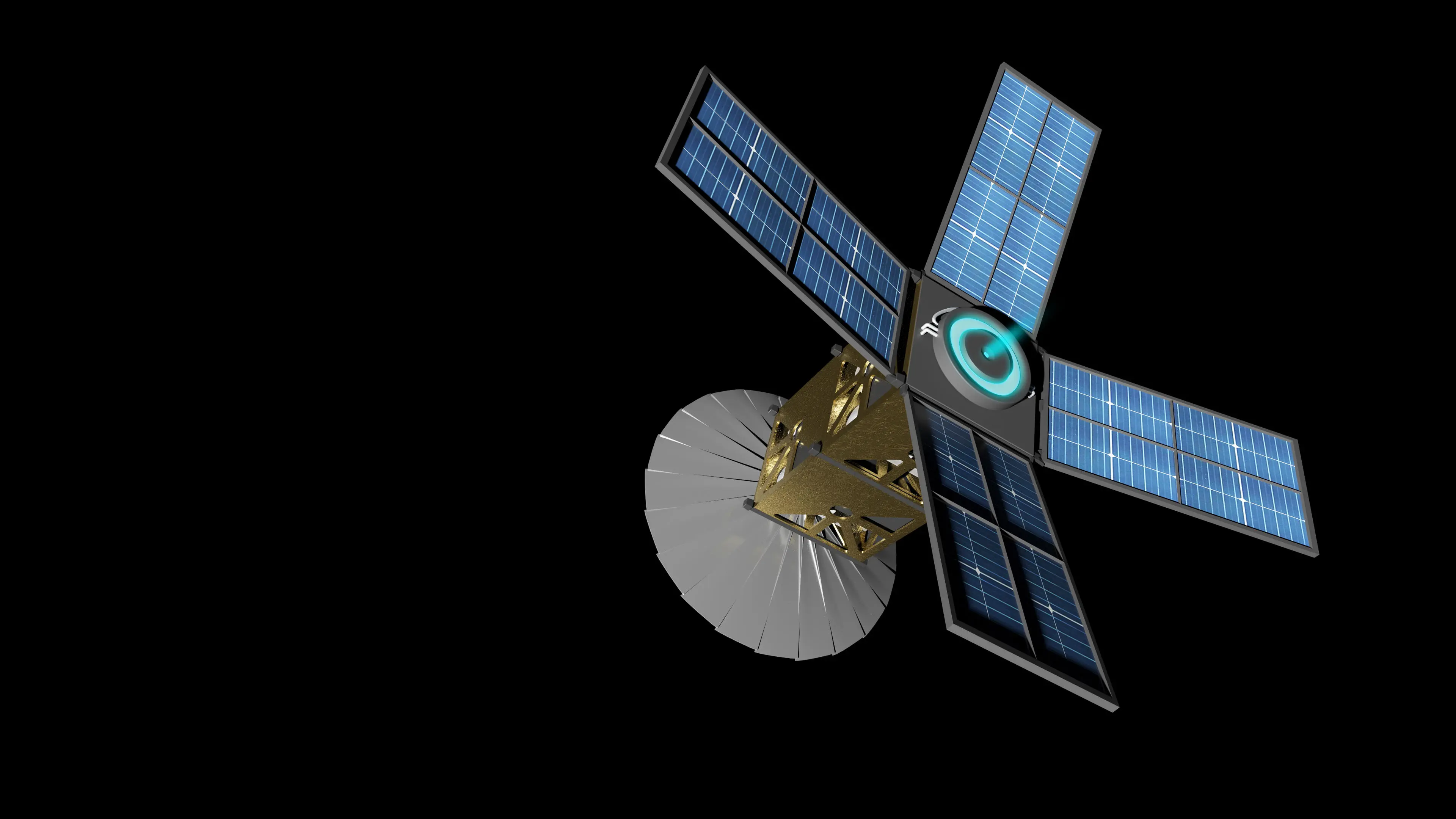International research project will evaluate space lubricants
A rare chance to reach for the stars is being offered by a North West university as part of an exciting research project to put a satellite into space.
The University of Central Lancashire (UCLan) is seeking a talented graduate to support the design stage of a new ‘CubeSat’ in an international collaboration which will evaluate the performance of space lubricants.
The opportunity to go on this star trek has arisen following the recent announcement that UCLan has joined with Blue Skies Space Limited on another different space mission: ‘Twinkle’.
Engineers from UCLan’s Jost Institute for Tribotechnology hope to ‘make it so’ by designing and building space-borne instruments to evaluate potential new lubricants for space mechanisms while in Earth orbit.
"This project is a chance for a graduate to get in on the ground level of a truly exciting project. We are seeking new ways to approach a long-standing issue"
— Project Leader Professor Ian Sherrington
They will work closely with collaborators at the European Space Tribology Laboratory and the Royal Institute of Technology in Stockholm, Sweden, to design a range of devices to be inserted into ‘CubeSat’ modules to evaluate the performance of lubricants while in space.
Unlike the massive and menacing Borg Cubes made famous in Star Trek, a CubeSat is a type of miniaturized satellite for space research measuring just 10x10x10cm. They are a class of spacecraft called nanosatellites and can be launched as relatively inexpensive payloads.
Project Leader Professor Ian Sherrington explained: “This project is a chance for a graduate to get in on the ground level of a truly exciting project. We are seeking new ways to approach a long-standing issue. Only a few lubricants that meet the specifications for use space are currently in use and testing new ones is a long and challenging process; normally conducted in special facilities on earth.
"The launch of this exciting project will give Europe the capability to have evaluation systems operating in space inside a CubeSat, testing lubricants in the environment where there are really intended to be used"
— Professor Ian Sherrington
“Formulating long-lasting fluid lubricants for space mechanisms, such as rotating antennae and solar panels, is tricky as they need to operate reliably for many years and be completely maintenance-free in the high vacuum and temperature extremes of space.”
Professor Sherrington added: “The launch of this exciting project will give Europe the capability to have evaluation systems operating in space inside a CubeSat, testing lubricants in the environment where there are really intended to be used.
“The first stage of this project will begin in March this year and that’s why we are looking for a top-class graduate to help with the design work. They will become a PhD student and be based alongside staff and other postgraduate students working and studying at UCLan in Preston.”
If you have the necessary background and are interested in getting involved, you can find out more and apply on the UCLan website.

